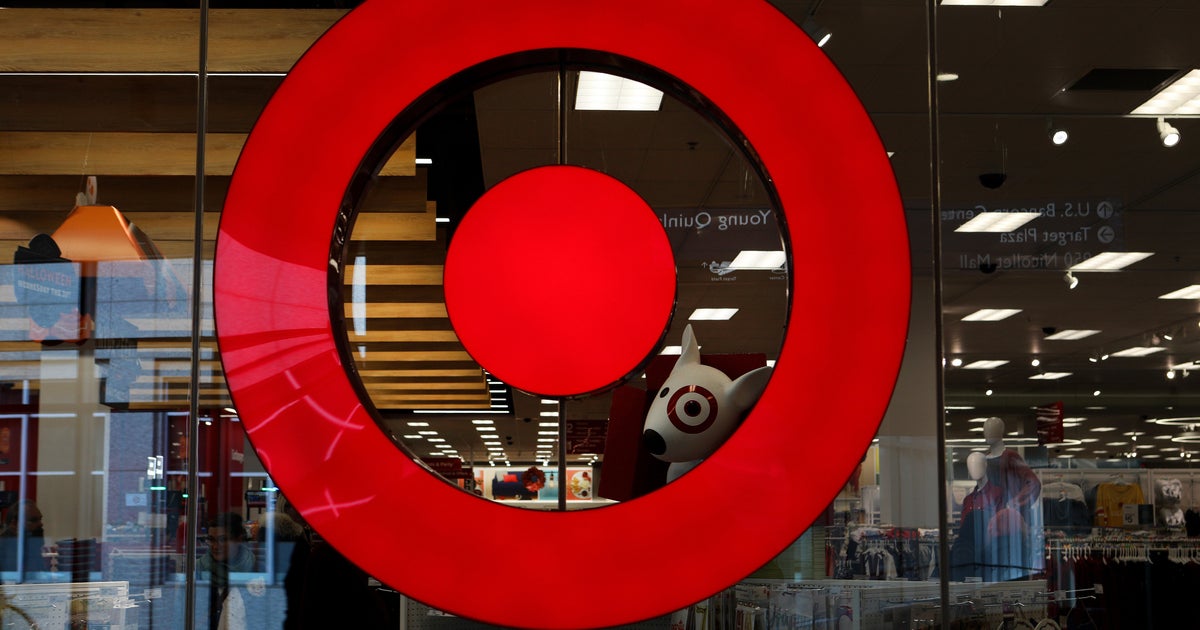Eye on Earth: Recycling used oyster shells on Cape Cod
WELLFLEET - It's the official start to summer and that means beach days on Cape Cod and warm nights enjoying oysters, clams and more for dinner.
But there is a new mission to keep those shellfish populations on the rise and in turn limit the output of waste from seafood consumption.
The Massachusetts Oyster Project is an effort to recycle used shells from restaurants on Cape Cod.
The process starts at restaurants like Mac's Shack in Wellfleet. The Massachusetts Oyster Project partners with Mac's and 21 others to collect the shells after they have been eaten by customers.
"On a busy day, just at this location we'll shuck up to 1500 oysters," said Mac's Shack owner Mac Hay. "Across all of our restaurants, we'll probably go through five times that a day."
That fills up a lot of buckets. And that means Erika Smith, who heads up the Massachusetts Oyster Project, must take each one and bring it to Wellfleet's transfer station. Those shells will then stay piled up for the next year.
"It's really important for them to be out in the elements for a year," said Smith. "The sun, the rain, the birds. Any little critters, they eat off the leftover materials that are on there to prevent bacteria and pathogens."
The program is entering its third year. Last season, the effort pulled in 37,000 of shells and Smith said there is still room for growth.
"The downside for me is, I want to collect it all, I don't want to see it in the trash. I would like to get it back where it started in the water," said Smith.
One of the people making that happen is Johnny "Clam" Mankevetch. This veteran of the sea hauls shells back out into the harbor on his barge.
Oysters form their shells by pulling in nutrients like calcium out of the water and depositing it on their bodies. When they become too heavy, the oysters need a place to settle down. Old shells laid down in strips on the ocean floor make for a perfect landing spot for oyster larvae to grow.
"If you're fortunate," said Johnny Clam. "A population of larvae will set on top of them. They set very well. When it works it's really like a miracle. You'll have a row of cultch that is absolutely jacked with oysters."
Each oyster can naturally filter up to 50 gallons of water a day, cleaning up the water, creating better reefs and putting more of these delicacies on plates around Cape Cod.
Mike Lamagna of the Long Wharf Supply Company partners with the Massachusetts Oyster Project. He is proud of the progress being made.
"The program has grown exponentially over the years," said Lamagna. "And they're having a real quantifiable impact on the surrounding areas.
Shells will continue to be taken out into the harbor through early summer. If you want to donate your shells, the program goes through Labor Day.








